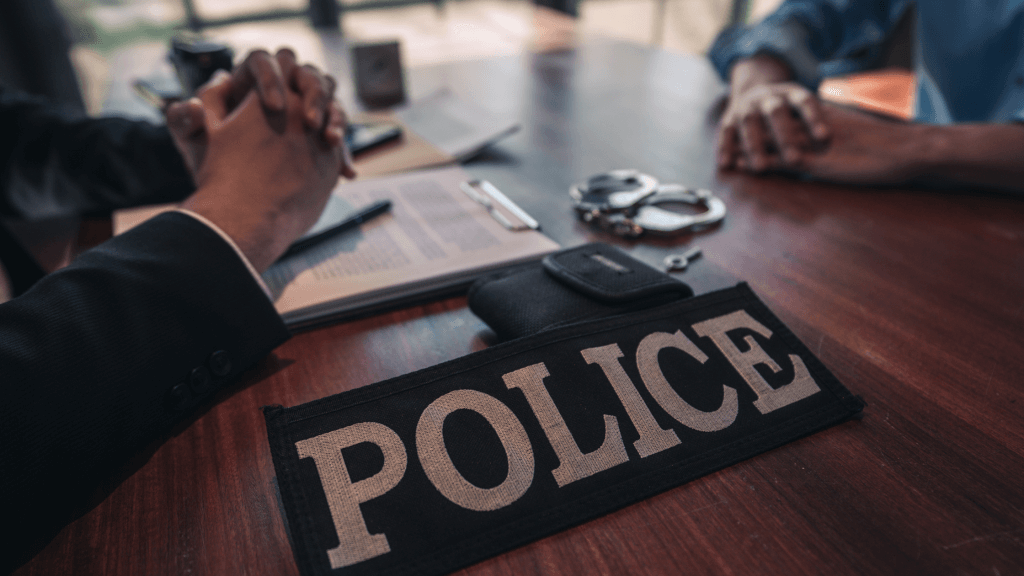
Police Watchdog Only Investigated 1% of Complaints Made Against Officers
Following several high-profile deaths involving the police, the NSW Law Enforcement Conduct Commission (LECC) is pushing for stricter authority in internal police investigations. One of those deaths was 95-year-old Clare Nowland. In this case, an officer tasered her to death. Chief of the police watchdog , Peter Johnson SC, stated that there is a need for ‘clearer authority’ when investigating police misconduct.
Of the 4050 complaints against the police, the body was only able to investigate 1% of these.
Johnston stated that the LECC has very limited powers. He added:
“The current situation is we can’t investigate at all.”
“Even if there was an issue of misconduct potentially arising [from an internal police probe], we can’t even look at that. We are really fairly narrowly confined in what we can do.”
“The critical incident function has our role somewhat ring-fenced, I suppose would be the term I would use, and there may be some scope for loosening that up a little more.”
LECC is the NSW Police Watchdog
The Head of the NSW police watchdog explained that the current laws make the powers to investigate these types of incidents narrowly confined.
The LECC does have sweeping powers to investigate police misconduct. However, it lacks authority when investigating civilian deaths at the hands of NSW police. Former Ombudsman, John McMillan, also said they are unable to carry out adequate probes into such cases. One of these was its landmark report into the death of a Brazilian man, Roberto Curti. Curti’s death was the result of an officer using a Taser.
Complaints against NSW police skyrocket
Furthermore, the LECC struggles with the amount of complaints about the police. In the previous financial year, it investigated around 4050 complaints made by the public against the police. However, it only investigated 1% of these.
Nevertheless, Johnston explained why this is so. He said that much of the LECC’s work involves overseeing internal police investigations on misconduct allegations. Even so, he said the current system is not without fault. Additionally, he said there are limitations on what they can do, adding:
“There are a large number of matters to be considered and our systems deal with it reasonably effectively. But clearly the large number, the very large number, of investigations are dealt with by the professional standards command of the police force itself.”
“The level of scrutiny that we apply I think provides a reasonable measure of assurance that we have a line of sight into the matters. There will be different views about how far into an individual matter we should go.”
Need for change to the police watchdog
On the other hand, many people have found fault with the police essentially investigating complaints about themselves. However, others say that the police should have ownership of their own problems.
The issue lies in the fact that the LECC can intervene in other investigations if it wants to. However, for investigations relating to police misconduct, it only has a monitoring role.
For the public to feel confident in the LECC as a police watchdog, the body needs to be able to make decisions and push for things. Essentially, there is a need for them to have clear authority.
NSW Police unfairly target aboriginal children
The LECC conducted several successful investigations. For example, they looked into a secretive blacklist used by the police to target Aboriginal children. The watchdog found that this practise included potentially unlawful police misconduct.
Police used the list to target some children around 100 times, under the Suspect Targeting Management Plans (STMP) program, in one year. The police suspected these children were potential criminals. However, the report also found that a lot of these children did nothing wrong and did not carry any illegal items. After the LECC’s report, officers abandoned the policy.
Suing the Police
Were you unlawfully assaulted or arrested by the police? If so, please get in touch. Our experienced lawyers have won countless cases for clients suing the police.
If you believe you have a civil claim against the state, you may be able to sue. Contact O’Brien Criminal and Civil Solicitors on (02) 9261 4281. We can set up a free appointment with the civil lawyers in our Sydney office.

Nicole Byrne
Content Creator | Media Coordinator
O'Brien Criminal & Civil Solicitors
www.obriensolicitors.com.au
- Nicole Byrnehttps://obriensolicitors.com.au/author/nicoleb/
- Nicole Byrnehttps://obriensolicitors.com.au/author/nicoleb/
- Nicole Byrnehttps://obriensolicitors.com.au/author/nicoleb/
- Nicole Byrnehttps://obriensolicitors.com.au/author/nicoleb/



